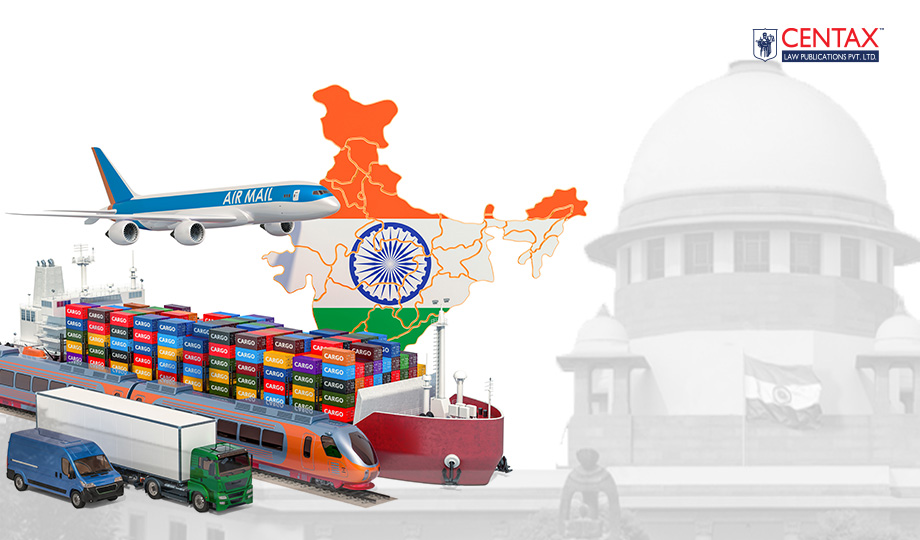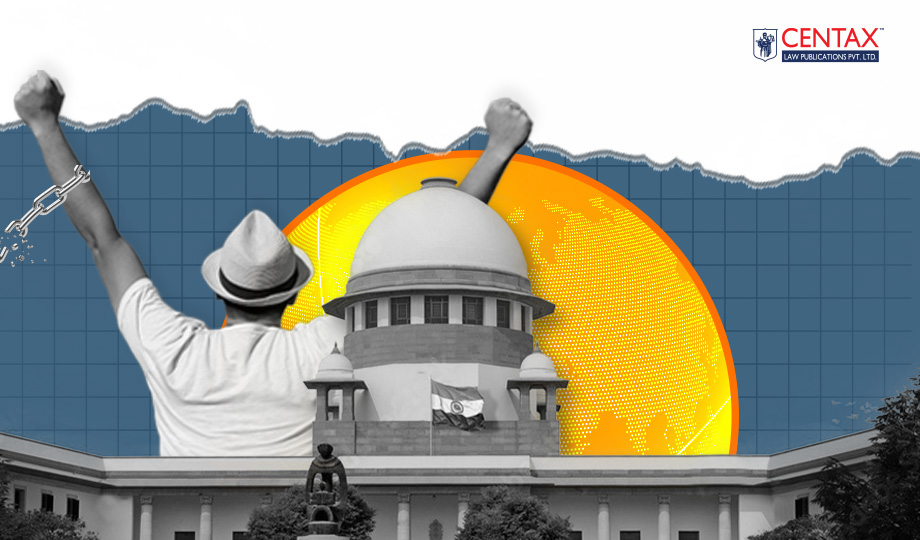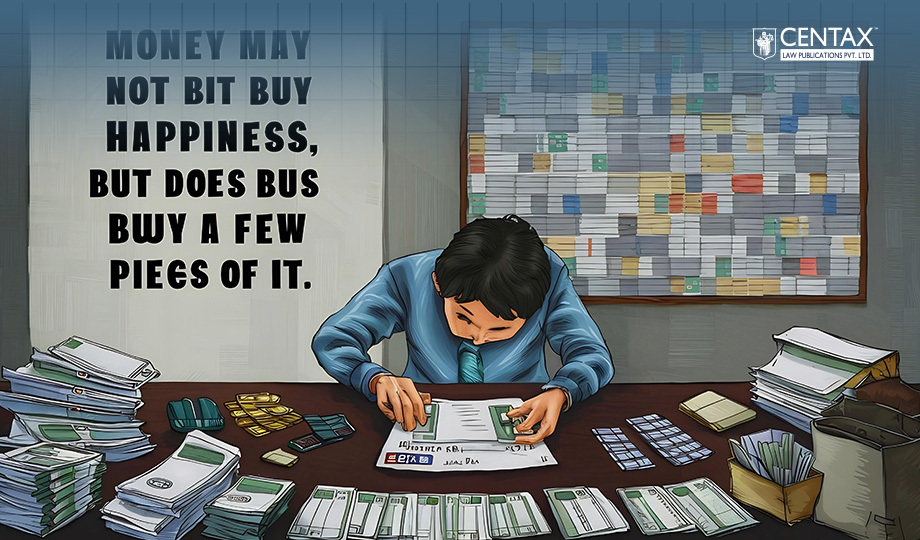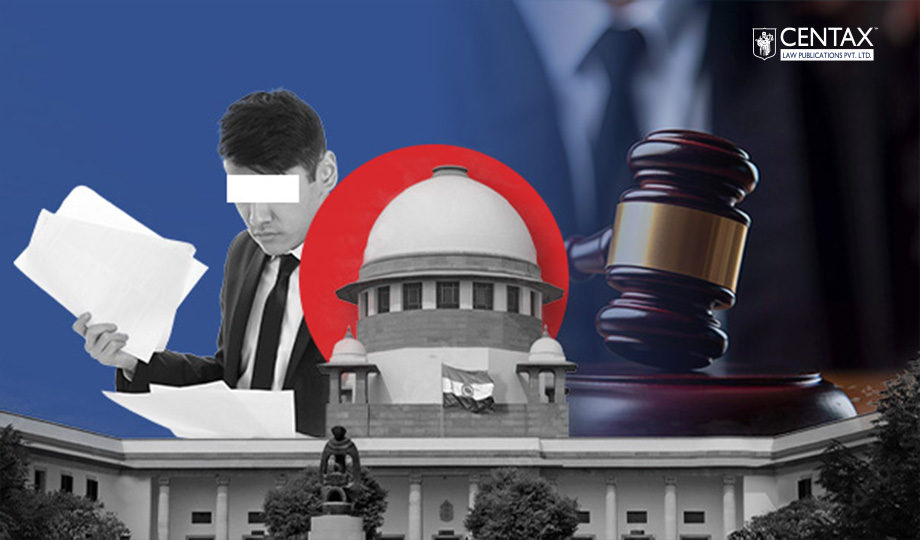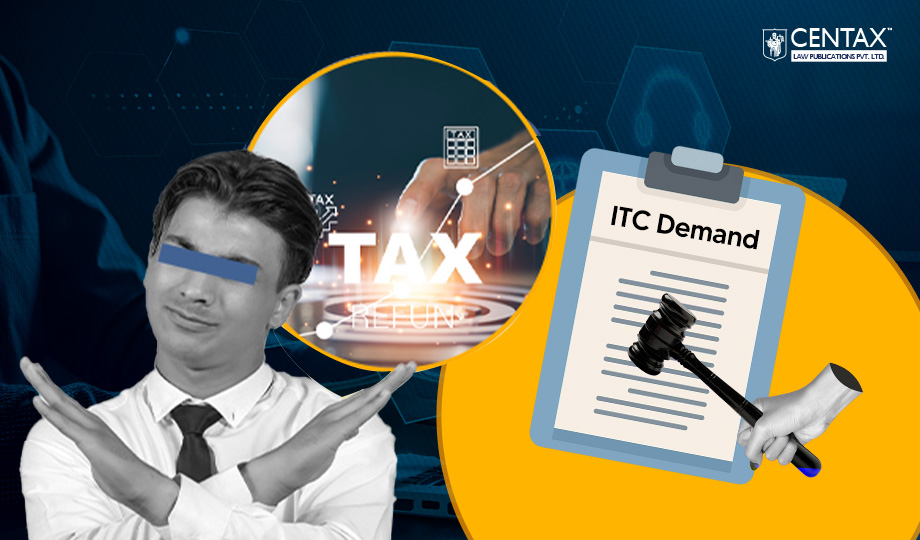
Case Details: V.K. Enterprises Versus Additional Commissioner CGST, Delhi West (2025) 32 Centax 457 (Del.)
Judiciary and Counsel Details
- PRATHIBA M. SINGH and Rajneesh Kumar Gupta, JJ.
- Shri Parmeet Singh and Ms. Tanya, Advs. for the Petitioner.
- Shri Aakarsh Srivastava, SSC. for the Respondent.
Facts of the Case
A show cause notice was issued to the petitioner alleging that input tax credit (ITC) had been availed on the strength of invoices issued by a non-existent supplier, thereby rendering such credit ineligible in terms of Section 16 of the CGST Act read with the Delhi GST Act. In response, the petitioner contended that the notice of personal hearing was received post facto, i.e., after the scheduled date of hearing, and further alleged that the adjudicating authority proceeded to pass the order without duly considering the written reply. Notably, however, the reply furnished by the petitioner failed to address the principal allegation– namely, the existence and genuineness of the supplier firm. No material particulars were provided regarding the identity of the promoters, operational address, or any other corroborative detail evidencing the existence of the said entity. Notwithstanding this omission, the petitioner invoked the writ jurisdiction of the High Court to challenge the adjudication order, primarily on grounds of procedural lapses and breach of natural justice. The matter was accordingly placed before the High Court of Delhi.
High Court Held
The High Court of Delhi held that the impugned order constituted an appealable order under Section 107 of the CGST Act and that the petitioner ought to have availed the statutory appellate remedy. The Court observed that the petitioner’s reply did not traverse the foundational allegation of fraudulent ITC availed through a fictitious supplier, nor did it contain any affirmative assertion or evidentiary support to establish the existence of such a supplier. In light of the nature of the allegations and the statutory framework governing appellate recourse, the Court declined to entertain the writ petition, reiterating that writ jurisdiction is not an appropriate remedy where a statutory appeal lies, particularly in cases involving revenue fraud or tax evasion.














